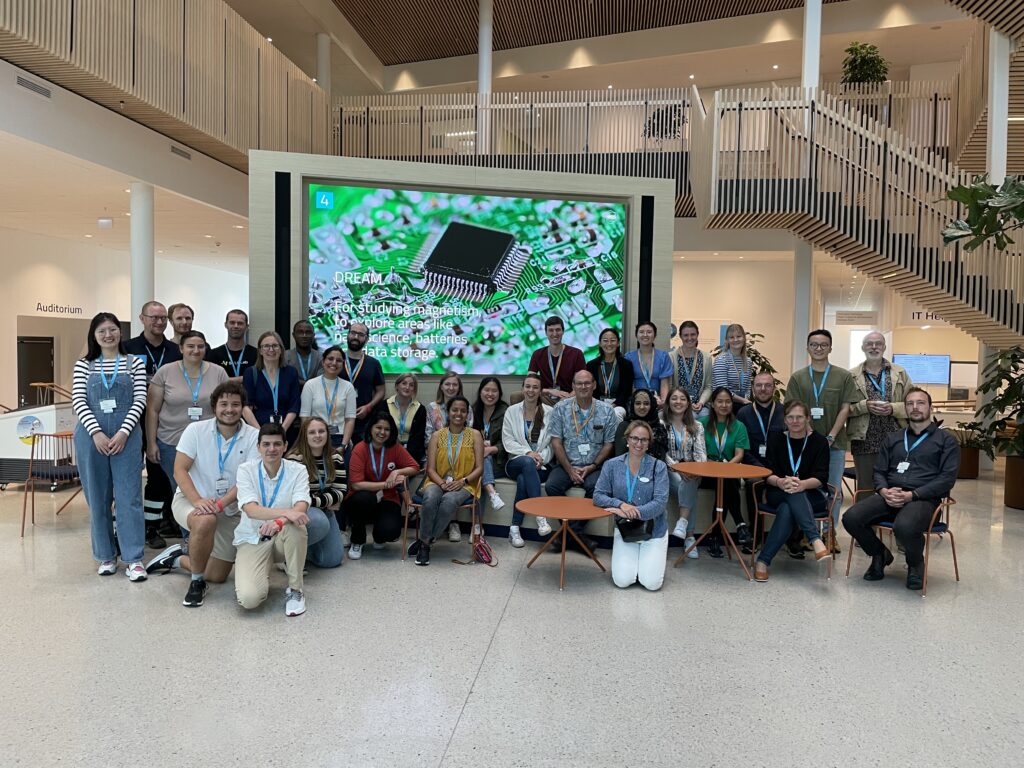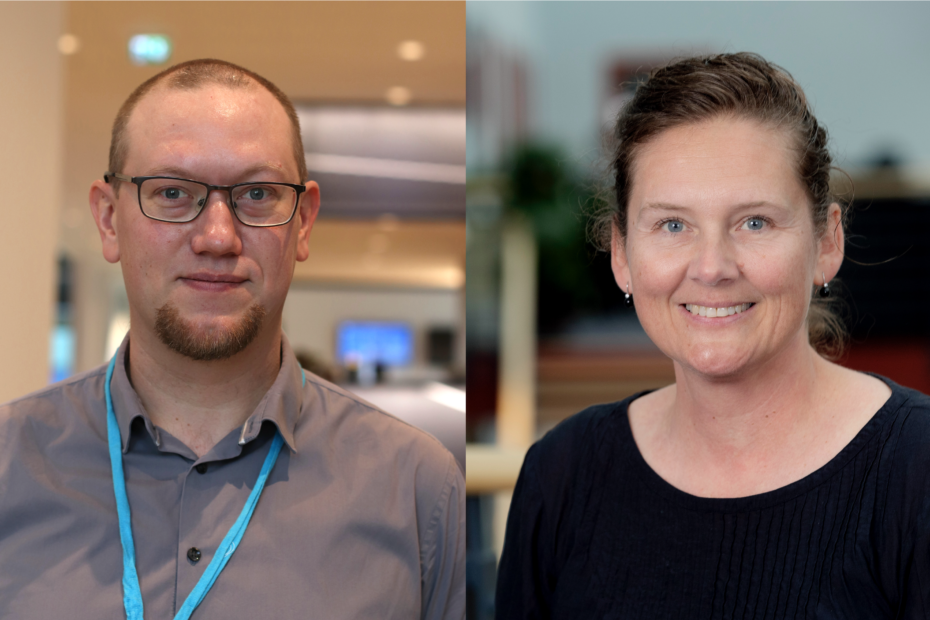First time 2022 and more to come.
During the course, held during August 2022, it was clear that both students and teachers were very happy with the course. This was confirmed in the results of the course evaluation. The course evaluation was sent to all participants and teachers. Overall, both students and teachers were satisfied with the course, and 100% of the respondents of the evaluation would recommend the course to someone in their position, and several of the participants have already done so!
I have already shared my experience with other PhD students in my lab, in my corridor and my networks… also strongly recommended them to apply if the course is available next year. / Student
The course took place over two weeks at three different locations: Lund, Gothenburg and Stockholm, which enabled participants first-hand experience of the infrastructures and interaction with infrastructure personnel. The evaluation tells us that this was a popular set-up, as all respondents thought it was worth travelling to different locations for the course.
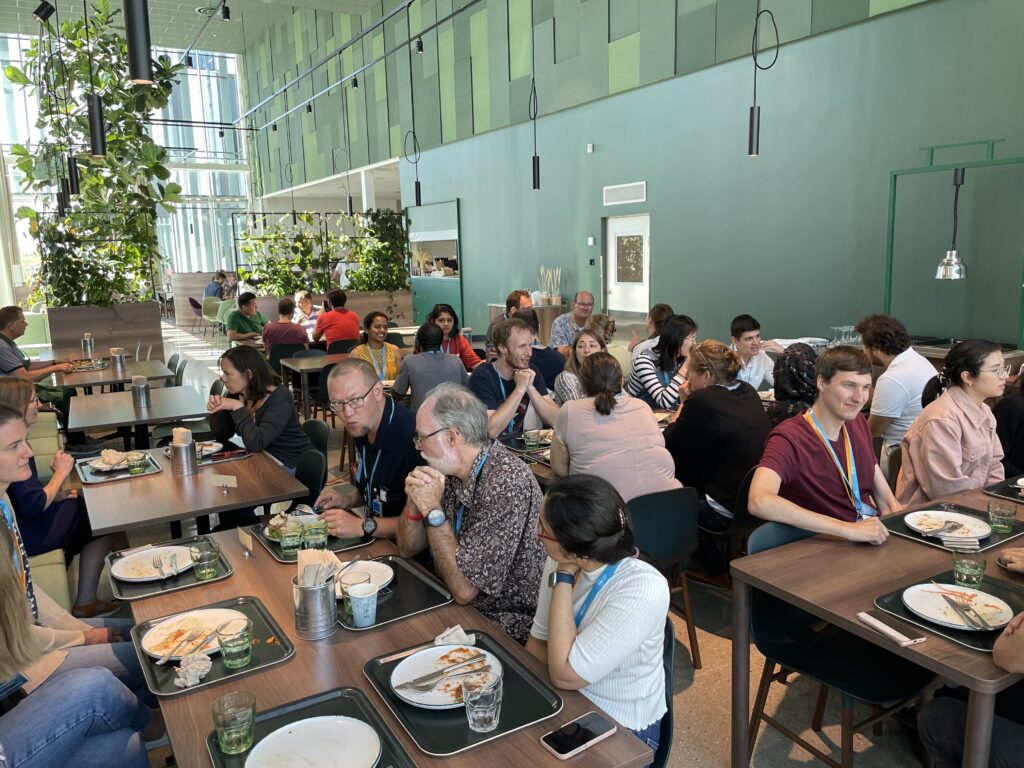
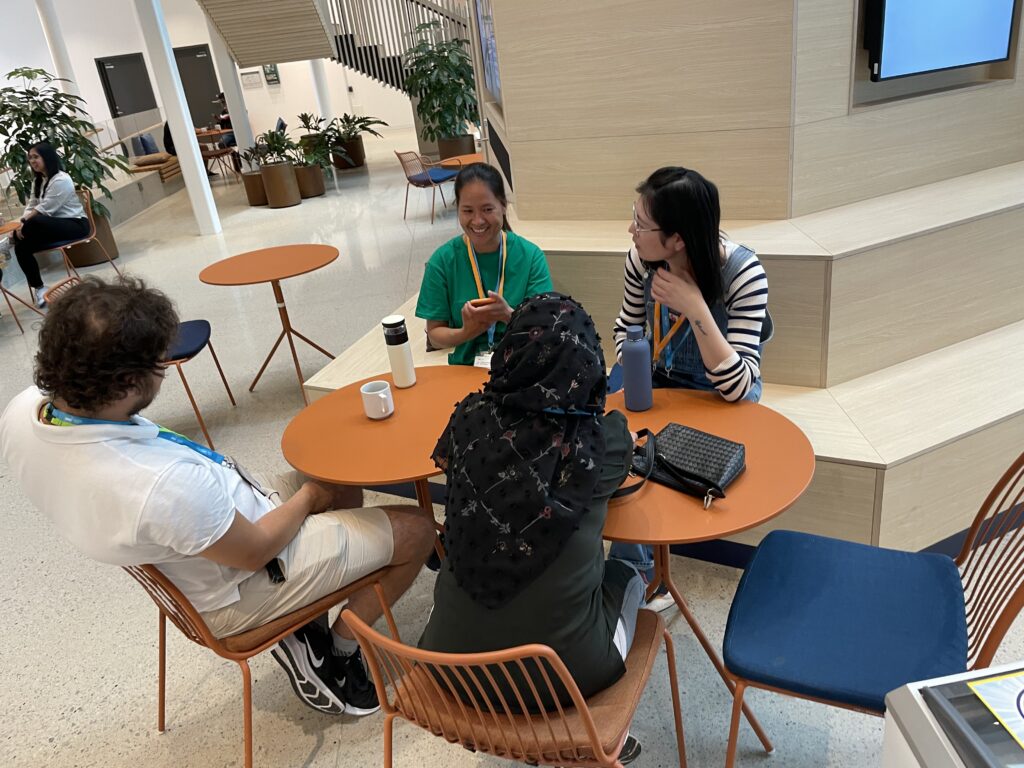
The most impactful thing with this course for me was to get a face of the people working on the different infrastructures, now I know how to contact if I want to use a facility or I have e question. / Student
I think is has been extremely productive for us as teachers and representatives of the different technologies to get to know each other. We know better how to advice our users when it comes to approach a scientific problem with multidisciplinarity. / Teacher
I think that the course has definitely broadened my horizons in terms of identifying techniques that I could explore for my project. It has also given me valuable contacts, not only with the lecturers but also the other students. /Student
After the course, the majority of the responding students feel that they now know enough about most of the structural biology techniques offered at MAX IV, ESS and SciLifeLab to be able to tell others about when these techniques might be relevant. Similarly, all but one in this group have already shared some of the skills and/or knowledge they gained at the course with other people.
These are both great outcomes for the InfraLife project, since one of the goals is to increase knowledge about the infrastructures to maximise the benefits. In addition, 100% of the respondents among the students feel that they are confident in how to approach and/or refer colleagues to the infrastructures.
Future plans – we asked the scientific leads of the course what they learned and whats planned for the future.
Esko Oksanen, ESS
What are your thoughts after seeing the results of the ISB course evaluation?
“I was of course quite pleased that the effort that everyone had put in for the course had paid off and that the students had appreciated the aspects that we had thought would be important for the course experience. It was also nice that the evaluation results matched well with the discussions I had had with the students and teachers.”
“My conclusion is that the course concept we had worked well and if we would do this again we know what to adjust. Although the course was mostly intended for PhD students and post-docs, it was very positive that we had some industry participation as well. The feedback from industry is also very valuable for providing more tailored outreach towards industry in the future.”
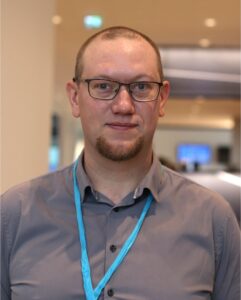
European Spallation Source, Lund
In your opinion, what is the most valuable outcome from this initiative?
“One clear outcome is of course that we now have many more young Nordic scientists with a good picture of the integrative structural biology possibilities in Sweden. I was also very happy with the high level of participation of the teachers from the various infrastructures not only in their own lectures and practicals. We also had very good discussions between the teachers before and during the course. After all, none of us are experts in each other’s techniques so the course was also educating the teachers. This is important because it allows us – just like the students – to be ambassadors of also all the infrastructures.”
Cecilia Persson, SciLifeLab
What did you learn from taking part in both course planning and the actual course?
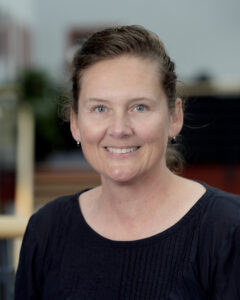
SciLifeLab, NMR Centre, Gothenburg
“I learned that there is a great need and interest for this kind of course among young scientist, not only regarding the knowledge but also communication between infrastructures and between infrastructures and the structural biology community.”
“I also learned that there is a great willingness among my infrastructure colleagues in Sweden to make a joint effort for this kind of integrative course and that it compliments the expert level methodology courses given by the individual infrastructures. Last but not least, I noticed during the course what a great arena this was for young scientists and infrastructure personnel to interact and continue to build the structural biology network in Sweden.”
As a coordinator of the SciLifeLab integrated structural biology platform, what are the future plans concerning courses of this kind?
“We learned from the course that the industry needs differ from the academic. Thus, we are considering offering courses for industry with tailor-made and condensed focus divided in selectable modules.”
“The plan is to organize a similar integrative structural biology course in 2024. Also, for those interested in structural biology and how to integrate techniques, we will initiate a spin-off seminar series in the beginning of 2023 where we invite young structural biology scientists and infrastructure specialists in Sweden to present their work.”
Thank you to Esko and Cecilia, as well as all other teachers and participants of the 2022 InfraLife Integrative Structural Biology Course!
Hopefully we meet again in the realm of structural biology!
